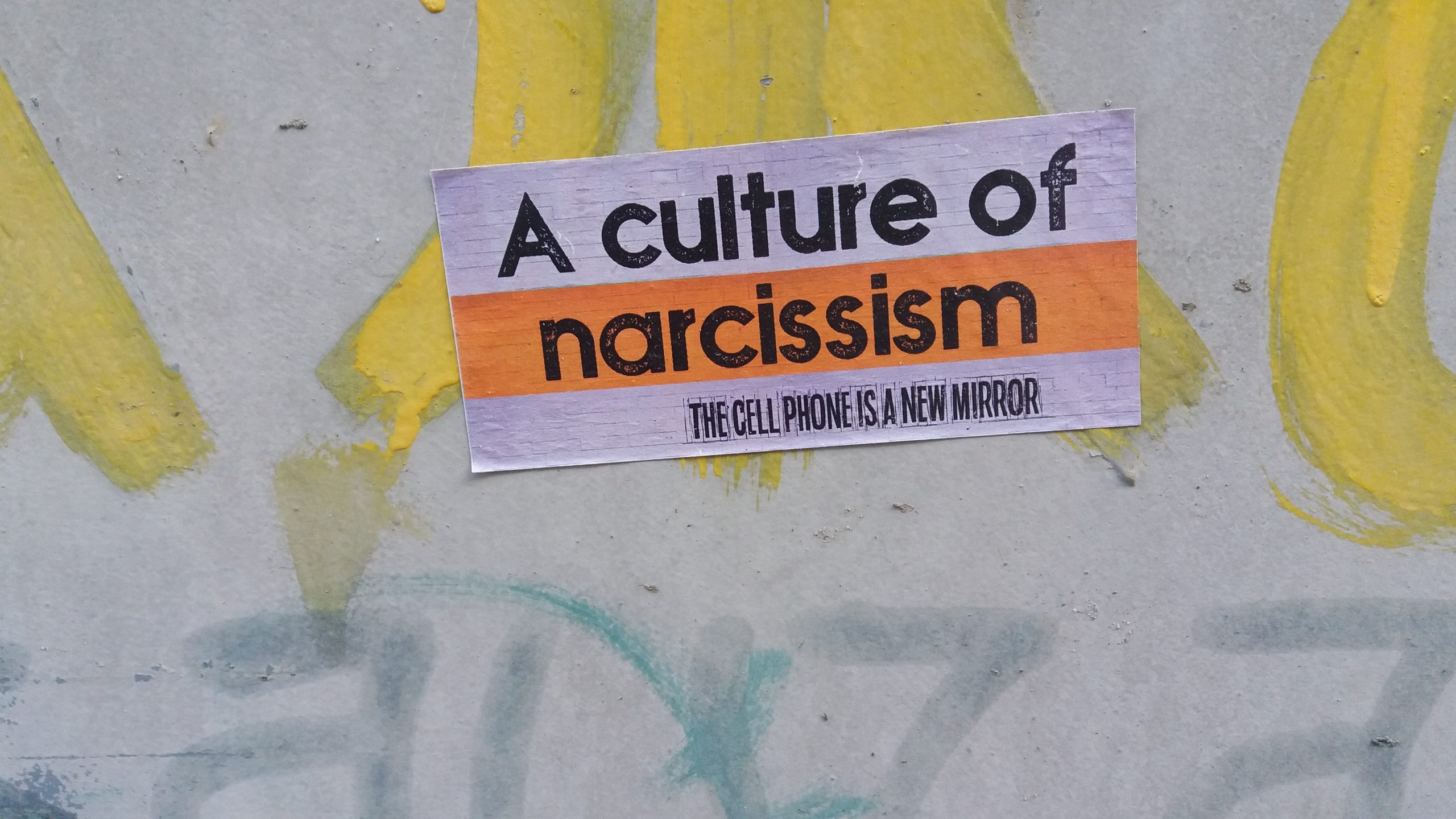Social media platforms have evolved into platforms for self-expression and self-validation in today’s digital age, becoming more than just means for communication. While many people use social media responsibly, there is rising worry regarding the connection between social media and narcissistic tendencies. In this blog, we’ll look at the complex relationship between social media and narcissism, as well as the search for validation via followers and likes. Let us investigate the psychological mechanisms, scientific discoveries, and practical techniques for navigating this changing landscape.

Understanding Narcissism Through the Narcissistic Spectrum
Narcissism can range from healthy self-esteem to severe narcissism. Narcissism is defined by a strong desire for admiration, validation, and a sense of self-importance. While not all social media users have narcissistic characteristics, these sites can exacerbate them.
Social Media’s Role: A Double-Edged Sword
Social media offers a unique platform for self-presentation. It enables users to design and manage their online personas, highlighting their best moments, accomplishments, and carefully curated photographs. Likes, comments, and follows can be enticing, creating a loop of seeking external affirmation.
The Craving for Likes: A Neurological Craving
Social media likes cause the release of dopamine, the brain’s “feel-good” neurotransmitter. A study published in the journal “Psychological Science” discovered that anticipating likes stimulates brain areas involved in reward processing and social cognition. This brain reward system fosters a sense of validation by fueling the need for more likes and follows.
The Effect on Self-Esteem and Happiness
For some, the constant quest of likes and followers can lead to a fragile sense of self-worth. A study published in the journal “Personality and Individual Differences” revealed that those who base their self-worth on social media metrics are more likely to suffer from negative emotional effects such as anxiety and sadness.
The Dark Side of Validation: Social Comparison
Users of social media are frequently encouraged to compare themselves to others. The “social comparison theory” holds that people judge themselves depending on the success and achievements of others. Anxiety and feelings of inadequacy can result from excessive social comparison.

Navigating the Landscape of Digital Narcissism
- Self-Awareness: Consider how you use social media and how it affects your self-esteem and well-being. Recognizing any harmful tendencies is the first step toward transformation.
- Digital Detox: Taking breaks from social media on a regular basis will help you reset your viewpoint and minimize your reliance on likes and follows.
- Set Realistic Goals: Rather than relying exclusively on external validation, focus on internal goals such as personal growth, learning, and meaningful connections.
- Limit Comparison: Be conscious of how you interact with the content of others. Remember that social media frequently displays manufactured moments and does not accurately reflect reality.
- Seek Offline Validation: Increase your self-esteem through real-world achievements and connections. Validation comes from within and via meaningful interactions.
Understanding the mechanics of narcissism and external validation is critical in a world when social media dominates our digital landscape. We may utilize the beneficial features of social media while maintaining our well-being and self-esteem by cultivating self-awareness and embracing a balanced approach to it. Remember that your worth is established by the genuine connections you make and the positive impact you have on the world, not by the amount of followers or likes you have.



